Most Croatian citizens believe that the "Za dom - spremni!" salute ["For the Home - Ready!"] does not carry negative connotations today, that it has no link to the Ustasha regime, and that it should not be banned. [The Ustasha was a Croatian ultranationalist organization, active between 1929 and 1945. It was in power in Croatia between 1941 and 1945, running the Nezavisna država Hrvatska (NDH), a Quisling-style puppet government of parts of Croatia and B-H occupied by Fascist Italian and Nazi German forces.] As many as four-fifths of the respondents would forbid the Nazi and Fascist iconography. In their opinion, however, the ban should not apply to the mentioned salute as used during the 1991-1995 Homeland War by the HOS paramilitary units. The salute has provoked a profound public polarization.
This is a brief description of the findings of the two comprehensive surveys made for a study published in the Politička misao [Political Thought] journal. The study by two associate professors at the Faculty of Political Science of the University of Zagreb, Nebojša Blanuša and Enes Kulenović, looked into the attitudes of Croatian citizens about hate speech and the controversial symbols from both the Communist era and the NDH.
The authors conducted the surveys in 2016 and 2018. A comprehensive analysis of the results has recently been published in Politička misao. The results are interesting, not least because they correspond to the conclusions of the so-called Council for Facing the Past. Last year, the Council members concluded that the "Za dom - spremni!" salute was unacceptable if used in the context of the NDH, but acceptable in the context of its use by fighting units in the Homeland War.
Legal changes
The Government appears to be of a similar opinion. It is preparing amendments to the law that would regulate - either approve or penalize - the use of symbols of various undemocratic regimes.
The majority of citizens obviously does not associate the "Za dom - spremni!" salute with the Ustasha movement or ideology and condones and defends its use in the context of the Homeland War. So think 47.1 percent of the citizens, as opposed to the minority of 40.5 percent that thinks everything in connection with the controversial salute should be removed from the public space.
According to the survey results, some 80 percent of the citizens support the ban on direct hate speech that foments violence and discrimination of certain groups. A similar percentage supports the use of Nazi symbols. On the other hand, the percentage of those who condone the use of Communist symbols, such as the red star, fell from 61 percent in 2016 to 55 percent in 2018. In the latter survey, 47 percent of Croatians agreed that the anti-Fascist slogan, "Death to Fascism, Freedom to the People" should be banned, while 41 percent opposed the idea.
The 2018 survey shows that the citizens were less inclined to remove the anti-Fascist monuments and names of streets and squares than those celebrating the NDH. It turns out that 49.3 percent consider it unacceptable that streets and squares be named after NDH officials, while noticeably fewer - 33.6 percent - oppose the names of prominent participants of the WW2 partisan liberation movement. The attitude towards the monuments is similar: 48.5 percent oppose those celebrating the NDH and 32.5 percent oppose celebrating the Partisan movement.
The case of the "Za dom - spremni!" salute is notably different. More than 47 percent of the respondents of the survey would object to a ban.
Two conclusions
For a large number of people in Croatia, "Za dom - spremni!" as used between 1991 and 1995 is not the same as "Za dom - spremni!" of WW2. There is cause for discomfort in the fact that the support for the ban of the slogan is much weaker than the support for the ban of the Nazi iconography. Only some 45.1 percent of people wished to ban the former in 2016 and 49.9 percent in 2018 - while fully 80 percent of respondents would ban the latter. The existing law bans the use of "Za dom - spremni!" but not "Death to Fascism, Freedom to the People".
Enes Kulenović believes that the survey results suggest two conclusions. "First, a very large number of citizens advocate banning Communist and Nazi-Fascist symbols, even the ones that are not currently not under the law", he says. "This is somewhat surprising because, as a rule, the state is more stringent than the public. Here, the situation is inverse. Second, the 'Za dom - spremni!' slogan has obviously been successfully re-contextualized. Most citizens no longer associate it with the Ustasha regime, but with the Homeland War instead. This is rather consistent with the conclusions of the Council for Facing the Past."
It is not surprising, however, that the survey has shown that the supporters of NDH chief Ante Pavelić (but also of the first Croatian President, Franjo Tuđman) in most cases also support conservative religious movements such as the 'Vigilare' and 'U ime obitelji' [On Behalf of Family].
Nebojša Blanuša thinks the results are alarming, as they confirm that historic revisionism has taken root in Croatia.





Za sudjelovanje u komentarima je potrebna prijava, odnosno registracija ako još nemaš korisnički profil....